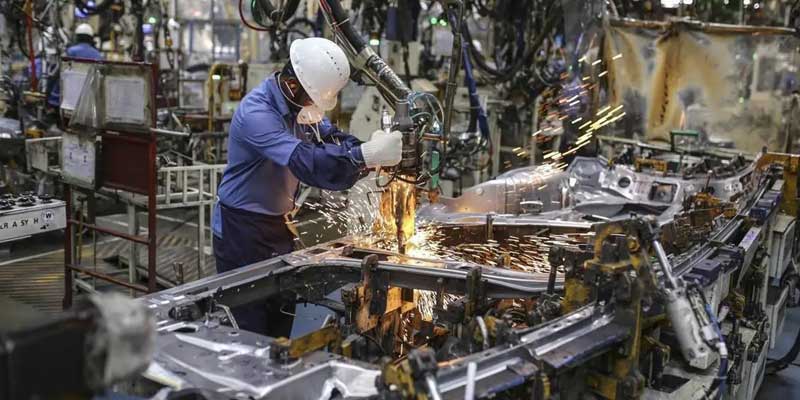Schedule a Call Back
India improves quality assurance for pharma exports; matches WHO norms
 Industry News
Industry News- May 08,24

In a bid to bolster global confidence in the quality and safety of pharmaceutical exports from India, the country's drug regulator is undertaking a gradual overhaul of the approvals process. The move comes in response to concerns raised by global authorities over the quality and safety of medicines shipped from India, reported Mint.
One of the latest decisions involves upgrading India's Certificate of the Pharmaceutical Product (CoPP) to match the standards of the World Health Organisation's (WHO) good manufacturing practices certification.
The CoPP and the WHO's certificate are crucial documents required for obtaining product approval and market authorisation for exporting pharmaceutical items from India.
In a move towards greater transparency, the Central Drugs Standard Control Organisation (CDSCO), India's apex regulatory authority for pharmaceuticals, plans to publish these certificates on its website, allowing importing countries and regulators to verify their authenticity.
"The plan is to put these certificates on the website of the CDSCO so that importing countries or regulators can check whether these certificates are issued by CDSCO or not," stated an official familiar with the developments.
The regulatory overhaul aims to bring transparency to the system, including increased oversight over the number of products shipped by Indian companies and their quality
.
Under the new guidelines, state governments can issue CoPP certificates to pharmaceutical companies only if CDSCO officials are involved in joint inspections.
Additionally, the Drugs Controller General of India (DCGI) has strictly directed companies to adhere to the WHO's good manufacturing practices guidelines at their production facilities to ensure the manufacturing of quality products.
( Source KNN Bureau)
Related Stories
Indian pharmaceutical industry to expand by 9%; surpass $70 billion by FY27
Between FY13 and FY18, Indian pharma companies faced severe regulatory challenges that adversely impacted their operations and ability to launch new products in regulated markets.
Read more
How to build India’s global manufacturing capabilities?
The Indian manufacturing sector stands at a critical juncture, with several opportunities arising from global shifts and local initiatives. But to take advantage of this evolving market, Indian manu..
Read more
Manufacturing Agenda for Modi 3.0
As Prime Minister Narendra Modi assumes office for the third term, his immediate priority will be to step up GDP growth and job creation. While the coalition government may not be able to take progr..
Read more











